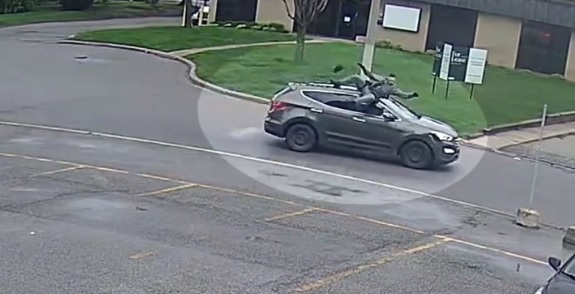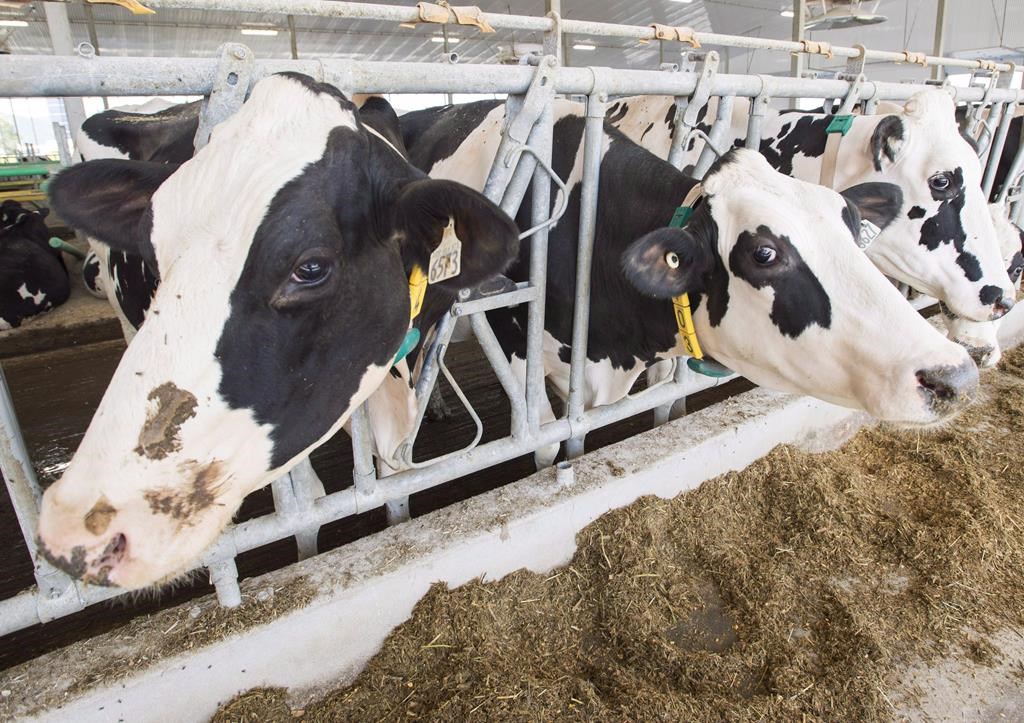West Nile positive mosquitoes found in Peel Region
Posted August 2, 2018 1:10 pm.
This article is more than 5 years old.
Three mosquito pools have tested positive for the West Nile virus in Peel Region, a spokesperson for Peel Public Health confirms.
Thirty-tree mosquito traps have been set up across Mississauga, Brampton and Caledon. Those traps are maintained and monitored by Peel Public Health.
“These traps are tested weekly from June to September and with this recent confirmation of West Nile virus activity, we are increasing our efforts in the area surrounding the positive traps by looking for breeding sites and re-treating catch basins with larvicide,” Paul Callanan, Director of Health Protection at the Region of Peel, said in a statement released Thursday.
It’s not uncommon to find West Nile virus in mosquitoes found in Peel Region.
Health officials say the public should take extra precautions during dusk and dawn when mosquito activity is higher.
“Luckily, the summer to this point hasn’t been extremely wet, which has limited prime breeding conditions for mosquitoes,” Callanan said.
“However, this can change from week to week and we urge people to protect themselves and do their part to reduce the spread of mosquito populations in their neighbourhoods and communities by removing standing water.”
This comes one week after Toronto Public Health confirmed the first human case of West Nile virus in the city in 2018.
Toronto’s Medical Officer of Health said the unnamed individual was hospitalized and treated for the illness.
West Nile is transmitted to humans through the bite of an infected mosquito. Symptoms usually develop between two and 15 days after a person has been bitten and can include fever, headache, nausea, vomiting, body aches, skin rash and swollen lymph glands.
Last year, Toronto Public Health did not record the first lab-confirmed case of West Nile virus until August 25. A total of 26 cases were recorded in 2017.










